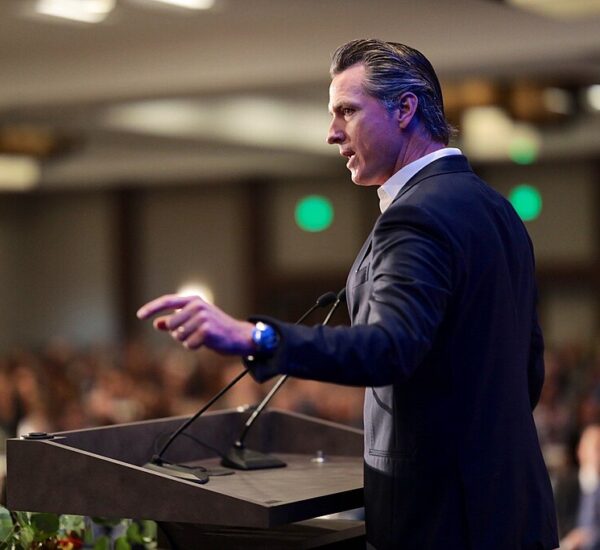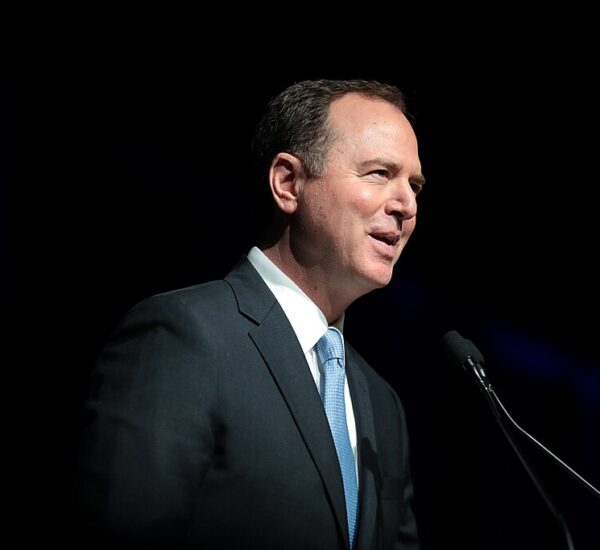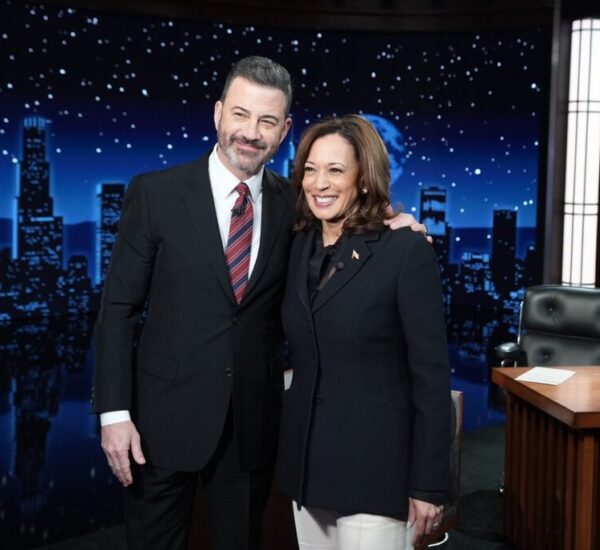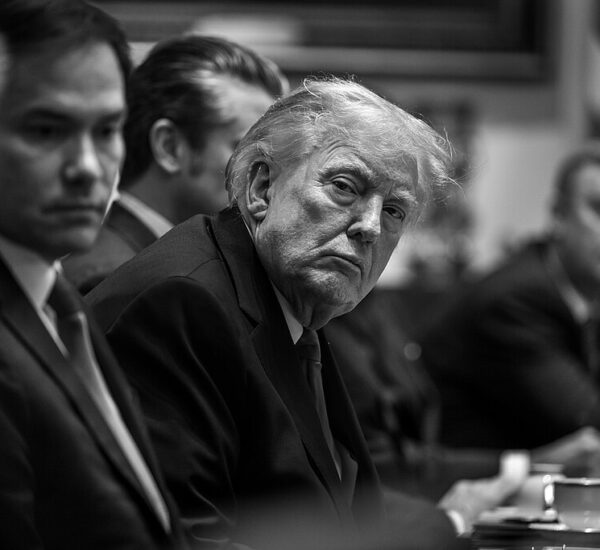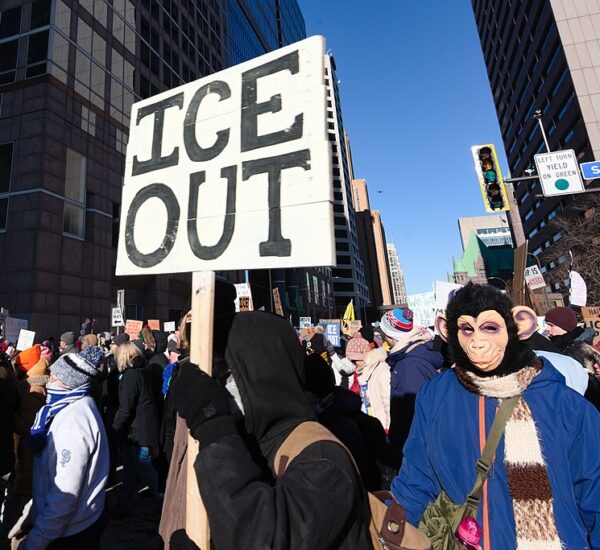Trudeau Issues New Trump Warning
As Canada prepares for a leadership transition, outgoing Prime Minister Justin Trudeau is facing a critical moment in relations with the United States. In a recent interview, Trudeau responded to President-elect Donald Trump’s remarks suggesting Canada could become America’s “51st state.” Trudeau quickly dismissed the idea, pointing out that the real issue at hand is the potential economic harm that could come from Trump’s proposed 25% tariffs on Canadian goods, including steel and aluminum.
Trudeau argued that the focus should be on the negative impact these tariffs would have on American consumers, warning that U.S. citizens could see prices for everyday goods rise as a result. “No American wants to pay 25% more for electricity, oil, or gas coming in from Canada,” he remarked. For a country that relies on Canada for significant energy imports, these tariffs could drive up costs for millions of Americans.
Trump has indicated that a trade deal with Canada could be easier if the two countries were to merge, claiming it would eliminate tariffs and reduce taxes. This bold statement is consistent with Trump’s negotiating style, which often involves applying pressure to get results. However, Trudeau was quick to highlight that Trump’s position on the U.S.-Canada trade imbalance is based on a misunderstanding, with the Canadian trade surplus largely driven by natural resources like oil, which Americans depend on.
If Trump moves forward with tariffs, Canada has made it clear that it would retaliate by targeting American products, including orange juice, steel, and even popular consumer goods like Harley-Davidson motorcycles. During Trump’s first term, Canada already imposed tariffs on U.S. products like bourbon and playing cards in response to American duties on Canadian goods.
Beyond the trade debate, Trump has also raised concerns about border security, threatening to impose tariffs unless Canada steps up its efforts to manage the flow of migrants into the U.S. Despite this, Trudeau maintains that less than 1% of illegal immigration and fentanyl come from Canada. In an attempt to address Trump’s concerns, Trudeau committed to increasing border security funding.
With Trudeau’s Liberal party trailing in the polls and a new leader set to take the reins in March, the political landscape in Canada is shifting. As Trudeau steps down, his successor will have to navigate a challenging relationship with a president who sees aggressive tariffs as a tool to benefit American workers, even if it means damaging cross-border trade. For conservatives in both countries, these developments underscore the need for strategic leadership that prioritizes economic stability and national security.

